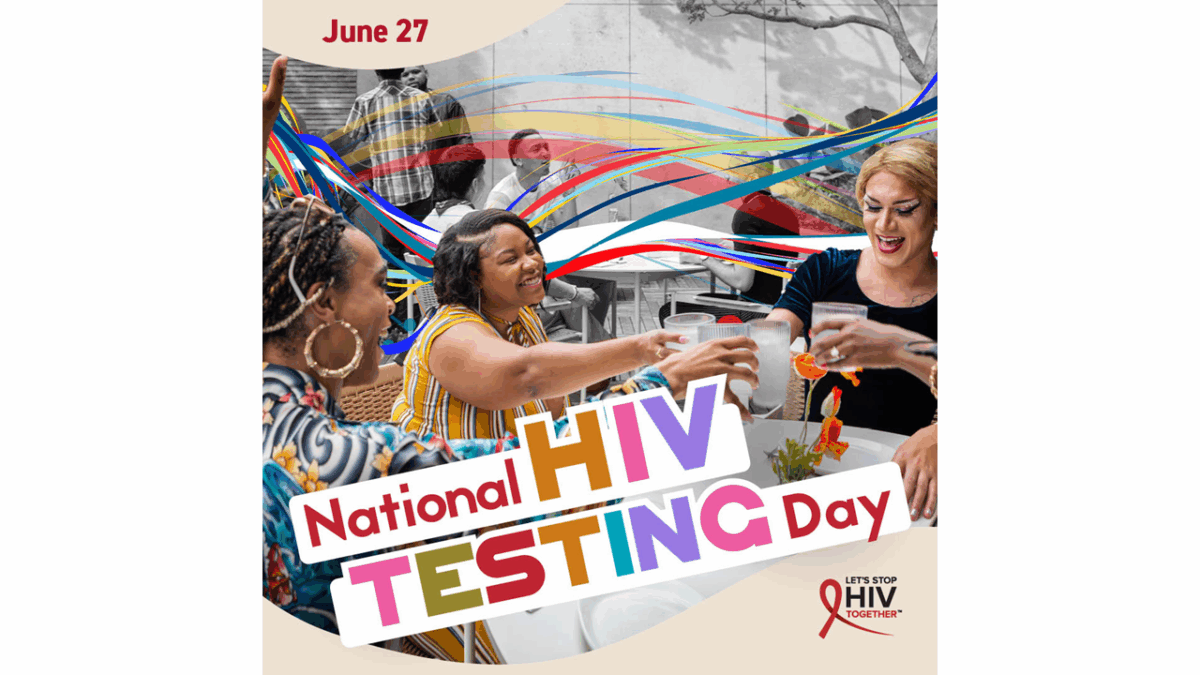A recent study conducted by Bioethics International – a not-for-profit organization that keeps tabs on the way pharmaceutical companies develop and market drugs in order to determine the ethics behind these practices – found that many large pharmaceutical companies failed to achieve transparency in their clinical trial results. The main take-home result of the study, was that only two out of every three clinical trials in 2012 – the results of which were used to support new drug approval applications – were ever disclosed to the proper authorities. Even more alarming is the statistic that nearly 50 percent of all drugs had at least one Phase II or Phase III clinical trial that was never reported. Despite the fact that some of these unreported trails may have had negative results, the investigators are still required to disclose the data.
Not only does this result indicate that many pharmaceutical developers are failing to meet ethical standards by sharing the results of clinical trials, but they are also failing to achieve legal standards; since the establishment of the Food and Drug Administration Modernization Act (FDAMA) in 1997, companies conducting clinical trials have been required to register them on the US government-maintained website, clinicaltrials.gov. The agency updated their requirements in 2007 after Congress passed the FDA Amendments Act (FDAAA), requiring that more types of clinical trial proceedings be registered with the agency, along with additional data from existing trials.
The study has caused many in the industry to ask why transparency in the clinical trials process has not been forthcoming by most pharmaceutical companies, and whether true transparency will ever be attained. “A critical issue facing the biopharmaceutical industry today is the loss of public trust,” said Dr. Jennifer E. Miller, assistant professor of medical ethics in the Department of Population Health at NYU Langone Medical Center, and president of Bioethics International. “Clinical trial transparency is important for advancing evidence-based medicine, and respecting the rights and wellbeing of research participants.”
In addition to publication of their transparency study, Bioethics International also designed the Good Pharma Scorecard – a ranking system for biopharmaceutical companies based on a number of measures – which was designed to hold the industry accountable. Pharmaceutical developers – along with the new drugs they produce – are independently ranked based on public health criteria, human rights and company ethics, spanning from R&D all the way through to the release of clinical trial data. The not-for-profit plans to release the rankings on an annual basis in an effort to improve pharmaceutical companies’ adherence to legal and ethical standards.
“Only 17 years ago, the pharmaceutical industry was among the most admired business sector in the world, and today only 12 percent of Americans believe that pharmaceutical companies are honest and ethical, said Miller. “The Good Pharma Scorecard enables the biopharmaceutical industry to evaluate its performance across key areas of ethical and legal concern, and offers companies the ability to publicly demonstrate meaningful improvement in trustworthiness over time.”
While increasing regulatory compliance at the level of the individual pharmaceutical company is a start, some say there are other industry-wide practices that are standing in the way of complete clinical trial transparency. Dr. Brad Thompson, CEO of biotech firm Oncolytics, says that clinical investigators’ goals of publishing positive trial results may be impeding the industry’s path towards transparency.
“I think a lot of people, patients especially, believe that companies are the roadblock in keeping the results of clinical studies from becoming public,” said Thompson. “But personally, I believe it is a much wider issue than that, especially when it comes to finding out the results of unsuccessful trials.”
According to Thompson, clinical investigators are most interested in publishing positive results from clinical trials, in order to advance their careers. Since reporting neutral or negative results has no benefit on their career goals, clinical investigators can delay reporting of these results in order to put their energy into more professionally lucrative pursuits.
“If you are conducting a trial at 50 or 60 locations, it doesn’t take too many of them not reporting information to significantly slow down the ability of a sponsor to report on what is going on with the study,” said Thompson. “And the more time that goes by, the more people will lose interest in doing so. Add to that the fact that there are no journals or annual meetings that are focused on reporting negative results. This is due to space and time limitations. If there are 100 speaking opportunities at the American Society of Clinical Oncology (ASCO) show in June, those spots will be given to people reporting exciting new results in cancer therapies. There is no time for, nor interest in, anyone reporting on therapies that didn’t work.”
This is in opposition to the sponsor company, whose legal obligation it is to disclose any and all trial results. “If you talk to an attorney from any sponsor company, they will tell you how important it is to disclose, disclose, disclose,” said Thompson. “They fully understand the importance of doing that.”
The roadblocks preventing pharmaceutical companies from complete transparency of the clinical trials process don’t end there. “When you look closely at this situation, what you see is a system that is almost accidentally set up to inhibit full disclosure,” said Thompson. “The industry might feel it is good to publish negative results, but where would we publish them? Who is going to pay for it? Who is going to read it? It’s a difficult issue.
“You can try to induce people to do things, but if an investigator has a failed study, his academic career will not be helped by spending the weeks it would take to write a paper to be published – especially if they can spend that time writing a paper on a study that did work. There is not a conspiracy of silence. It is just natural for people to want to focus on things that will help them out with their careers.”
In the opinion of Miller, misinterpretation of the legal requirements regarding clinical trial disclosure under the FDAAA, may be a plausible reason as to why more clinical research sites are not complying with the regulations. “Some companies believe only controlled trials are subject to mandatory disclosure, others interventional trials,” said Miller in her paper on the results on the Bioethics International study. “Some believe that results are due one year after a trial’s primary completion date regardless of whether the drug has been approved, while others believe results are not due until 30 days post-FDA approval of a trial’s investigated indication.”
She also speculates that pharmaceutical companies may be less motivated to report all clinical trial results due to “a perceived lack of enforcement.” Miller said, “FDAAA empowers the FDA to impose a $10,000 a day penalty for non-compliance. To date, this penalty has never been imposed.”
Despite efforts made by many pharmaceutical companies to reduce bias and focus on prioritizing patient safety and wellbeing during a clinical trial, achieving full transparency seems to be a goal that isn’t easy to reach. Adding to the issue is the number of stakeholders involved in a single clinical trial – including sponsor companies, the FDA, investigators and research sites – all of whom have distinct goals for the outcome of the trial.
“A solution to this transparency problem would make everyone better off,” said Thompson. “It’s frustrating because everyone knows this is an issue, and that we have to do better. But the fact that this is a complicated issue doesn’t mean we should throw our hands in the air and give up. Eventually we will have to produce a solution.”
What do you think about the issue of transparency within reporting of clinical trial data? Share your thoughts in the comment section below!









Join or login to leave a comment
JOIN LOGIN